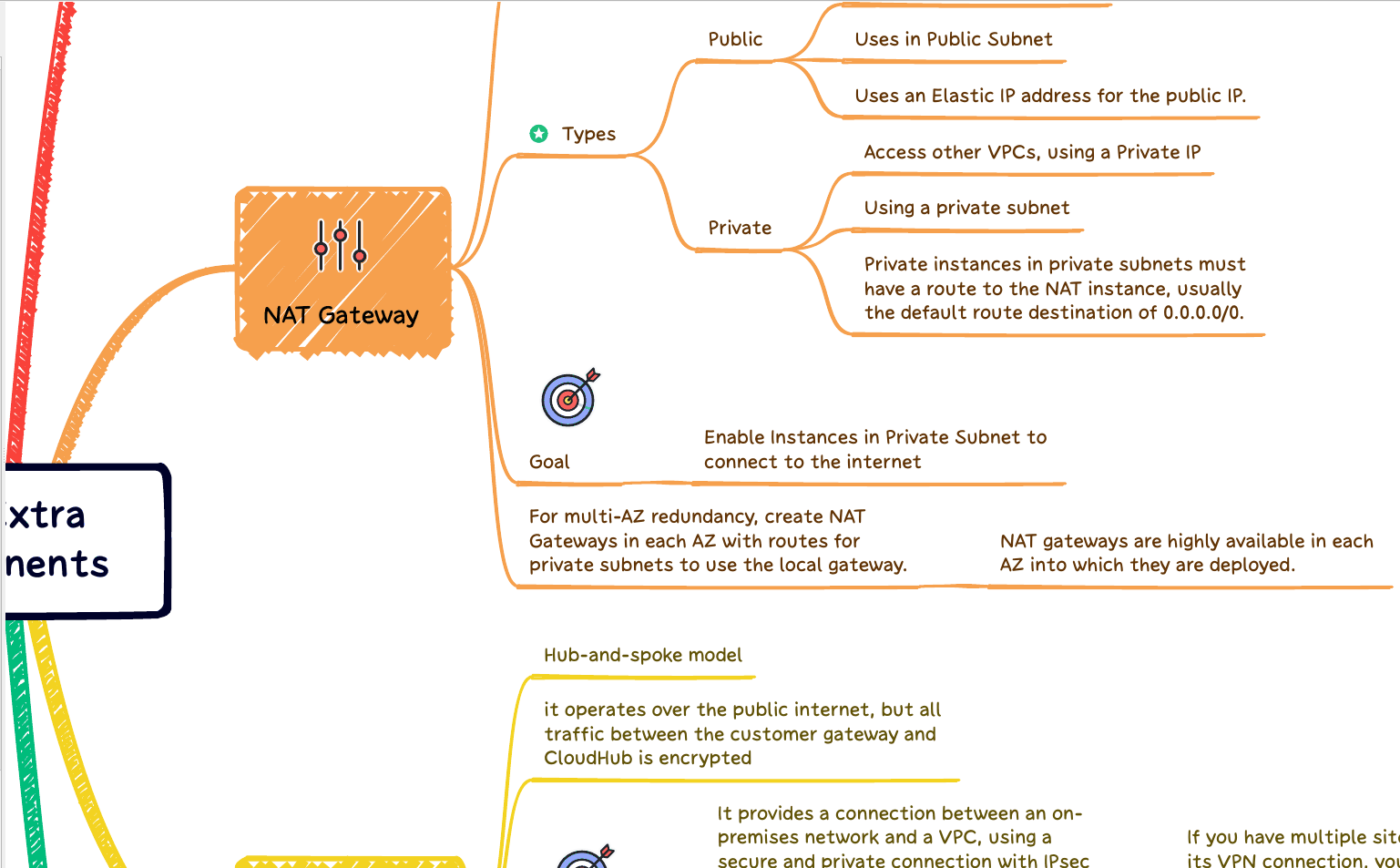The Role of DevOps Engineers in Cost-Saving
DevOps, a combination of the words “development” and “operations”, signifies a cultural shift in the IT industry that emphasizes collaboration between software developers and IT professionals while automating the process of software delivery and infrastructure changes. This innovative approach to development aims at fostering an environment where building, testing, and releasing software can happen rapidly, frequently, and more reliably, thereby reducing overall IT costs.
A DevOps engineer usually plays a key role in this scenario. An engineer with such expertise bridges the gap between development and operations by ensuring the smooth delivery of applications from the planning stage to deployment. Focusing on fast communication and integration between software developers and IT operations significantly reduces the time spent on task coordination, effectively saving money.
In addition, DevOps engineers help utilize resources optimally by streamlining tasks; they bring standardization to procedural tasks, consequently leading to faster problem resolutions. Therefore, employing DevOps Engineers is about embracing a new methodology and financial efficiency.
How DevOps Reduces IT Costs
Employing Automation Strategies
DevOps employs automation strategies, eliminating manual processes that often lead to errors and inefficiencies. Manual operations usually require more personnel and time, dedicating valuable resources to tasks that could be automatically performed.
With DevOps automation tools like Jenkins, Docker, and Ansible, routine tasks such as coding, testing, and application deployment are automated. Implementing these tools not only frees up valuable time for teams to focus on strategic planning and innovation but also significantly reduces the possibility of human error, prompting additional costs for rectification.
Streamlining the Development Process
Continuous Integration and Functional Deployment
Another aspect of DevOps that helps save money is its ability to streamline the software development process through Continuous Integration (CI)and Continuous Deployment (CD). CI/CD is a method to frequently deliver apps to customers by introducing automation into the stages of app development.
The main aim is accelerating the application development process, where code changes are automatically built, tested, and prepared for a production release. This results in quicker detection and rectification of bugs or vulnerabilities in the code base, thereby reducing project delivery time.
Moreover, this approach ensures there’s less work at the end of a cycle— since integration is done incrementally throughout the project – which means projects can often be completed ahead of schedule, saving staff hours.
Improved Product Quality with DevOps
Reduction of Errors and Reworks
DevOps can dramatically improve product quality by improving collaboration across teams and enhancing efficiencies through automation. With real-time performance monitoring tools like Nagios or Icinga integrated into operations managed by DevOps engineers, errors can quickly be identified, leading to fewer defects in the final product.
Fewer defects mean less rework needed, which implicitly implies reduced costs in terms of manpower hours and operational expenses required to eliminate these defects. Beyond monetary savings, however, this leads to increased customer satisfaction, repeated business, and a lasting market reputation.
Maximizing return on investment (ROI)
Calculation of ROI for DevOps efforts
Investing in a DevOps strategy can lead to significant benefits, including the potential to increase revenue by speeding up the development process. An Accenture report shows that high-performing IT organizations using DevOps principles achieve 200 times more frequent deployments and 24 times faster recovery than their lower-performing counterparts.
While upfront costs are associated with implementing and practicing DevOps—such as training staff or implementing new tools— these costs must be considered an investment towards producing measurably better software products more quickly and with fewer resources, which maximizes return on investment.
In conclusion, employing a DevOps Engineer in your company can bring about substantial cost savings by reducing IT costs through automation, streamlining the development process, improving product quality, and increasing overall return on investment. Embracing the culture of collaboration fostered by DevOps not only saves money but also propels your business towards greater innovation en route to achieving long-term success. Thanks for reading!

